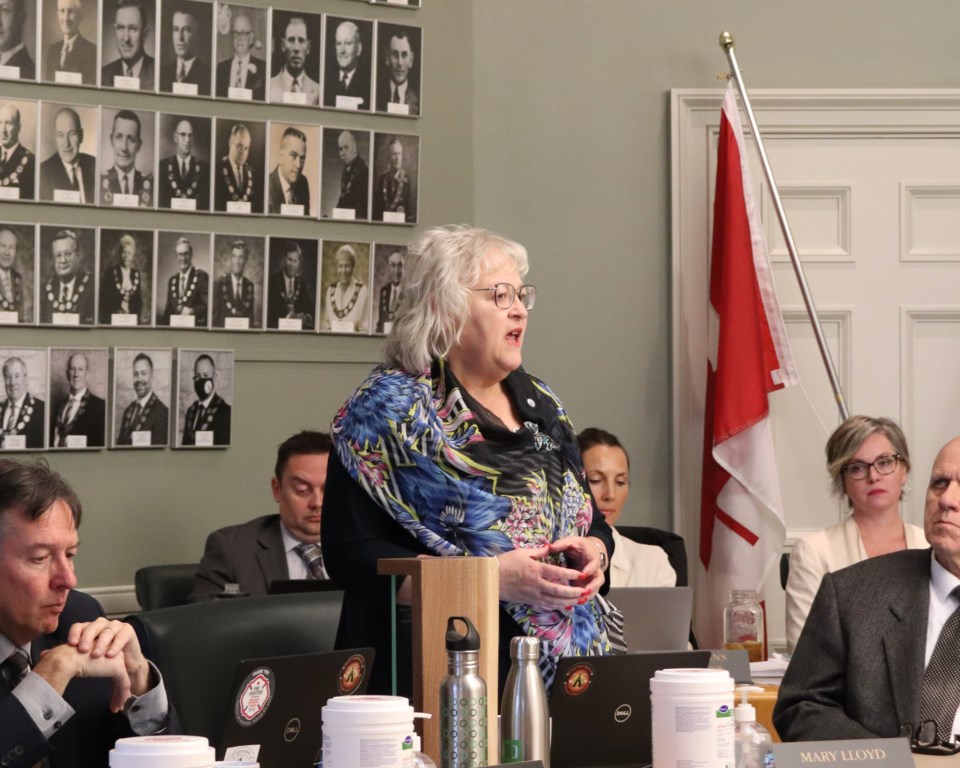WELLINGTON COUNTY — Bill 23 will actually slow housing development, says county councillor Gregg Davidson, one of several councillors who spoke out against the province's Bill 23 at a Thursday county council meeting.
“This is absolutely horrible legislation coming from the province,” Davidson said.
Bill 23 is the More Homes Built Faster that dictates housing growth and rules around that growth to municipalities.
Davidson worries municipalities won’t have waste water systems ready for extensive new home creation.
“And I don’t know how, warden, this is going to play out. But I can tell you from the standpoint of our local municipality as well as probably every other local municipality that has waste water, it’s not going to increase housing. It’s actually going to put a halt to it. Because we don’t have the waste water capacity and there will not to be any financing to actually build it and expand it,” Davidson said.
Davidson further noted that the bill will have impacts across the province.
“It affects us here in county. It affects every municipality in Ontario when it comes to finances,” Davidson said.
Councillor Mary Lloyd noted that Bill 23 will have impacts and changes in many housing-related areas.
“Our government of Ontario introduced legislative changes that impacts all residents of whether it be through infill, more units on single properties, whether it be on removal of heritage designated, heritage listed properties, whether it be the effects through the conservation area. All of those things have major impacts,” Lloyd said.
However, Lloyd fears that by removing opportunities for residents to voice concerns about new home construction there will be an ongoing problem.
“But the one that strikes the core with me the most is to do with the public input. Removing the opportunity for our residents in any area to come forward with questions and concerns about the development in the area they live, to me, is a vital detriment to what we have going forward. While I don’t see the public as making the sole decision, I see it as an important part of transparency and government,” Lloyd said.
Mayor Shawn Watters explained that right now municipal governments are transitioning into the new term of council. So it is not an appropriate time to pass this bill.
“The difficulty I’ve had with this is sort of the timing of this, everyone’s in transition right now,” Watters said.
Watters emphasized that municipal governments and other bodies they work in conjunction with should be collaborating respectfully. However, the province has not acted that way with the development of Bill 23.
“I always like to think that we’re partners obviously locally, we’re partners with the county, we’re partners with conservation authorities, we’re partners with the province,” Watters said.
“And as partners in this whole endeavour to keep things going and make this a great place to live, there is supposed to be discussions and dealings with each other and being respectable. But I find that this process has not been very respectful, especially in our community,” Watters said.
Councillor Diane Ballantyne explained that solving the housing crisis won’t be easy and Bill 23 is concerning.
“The housing crisis, there is no simple solutions to it. And I echo your concerns with regard to the democratic input, and the environmental concerns, the removal of conservation authority voice, and the impact on long range provincial planning framework,” Ballantyne said.
Jesse Gault is the Local Journalism Initiative reporter for GuelphToday. LJI is a federally-funded program.



